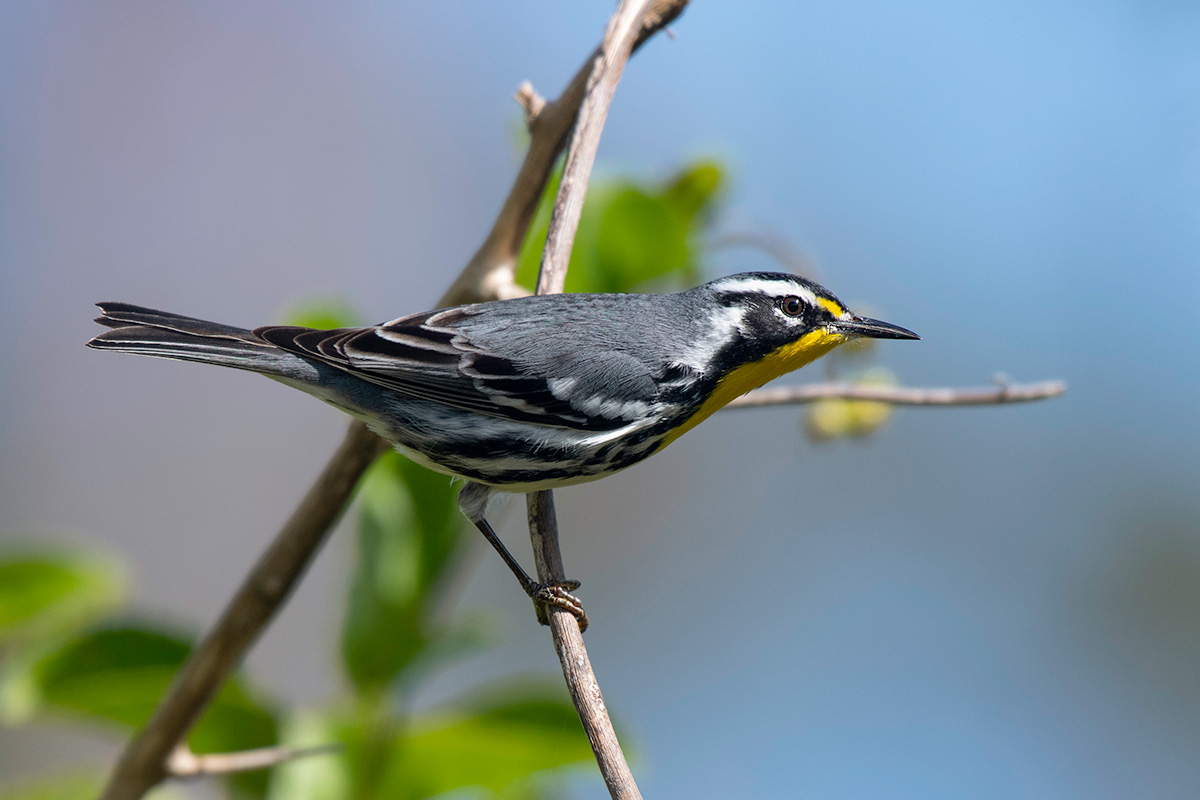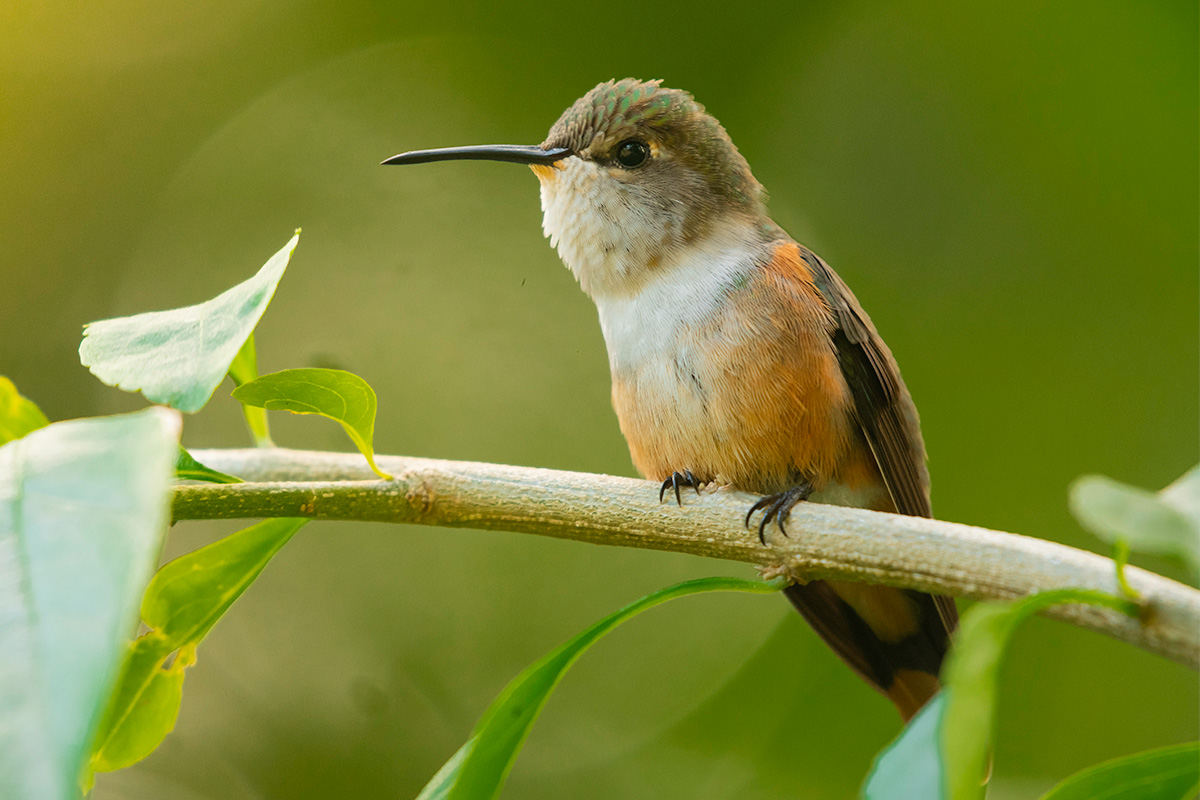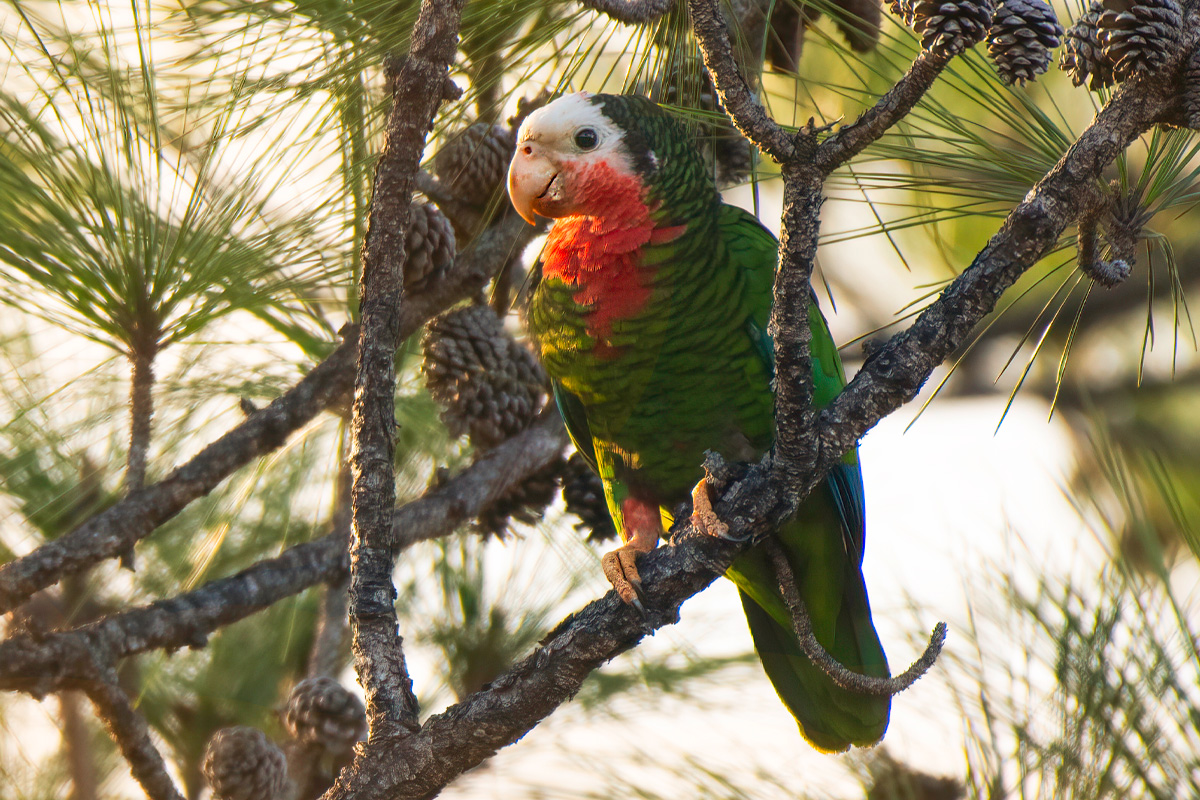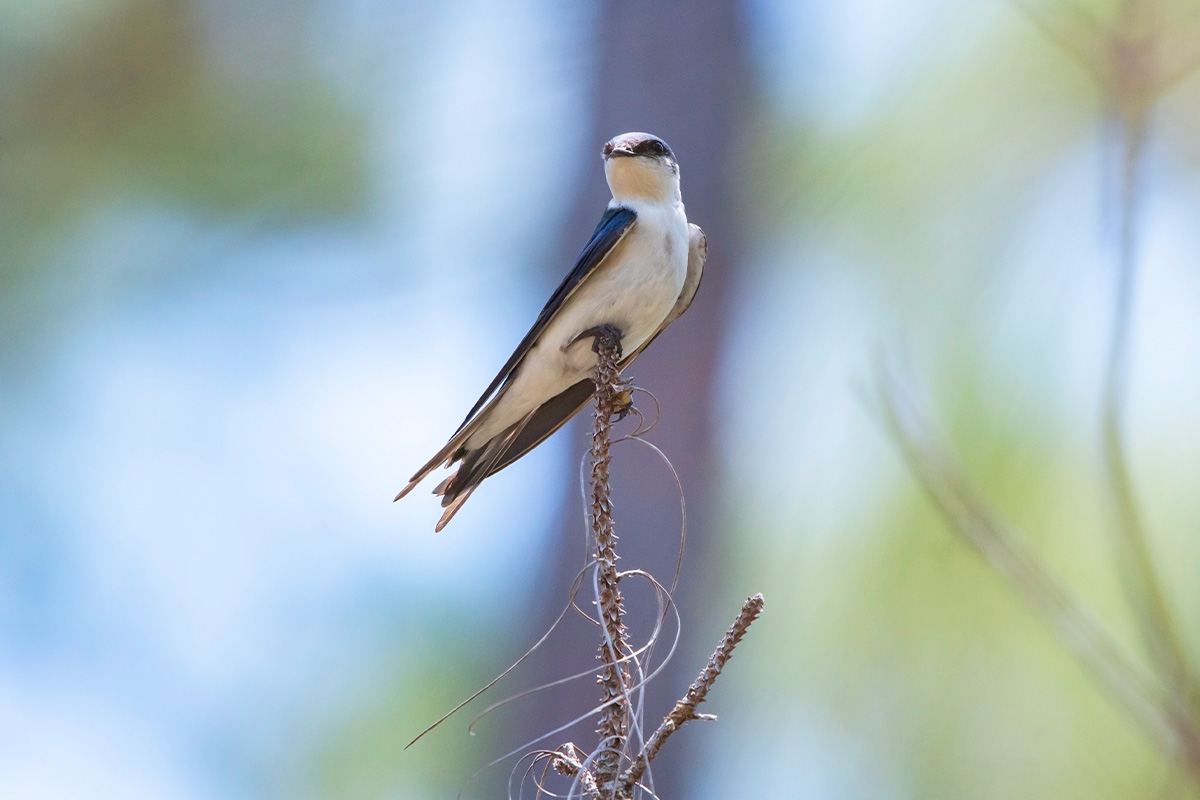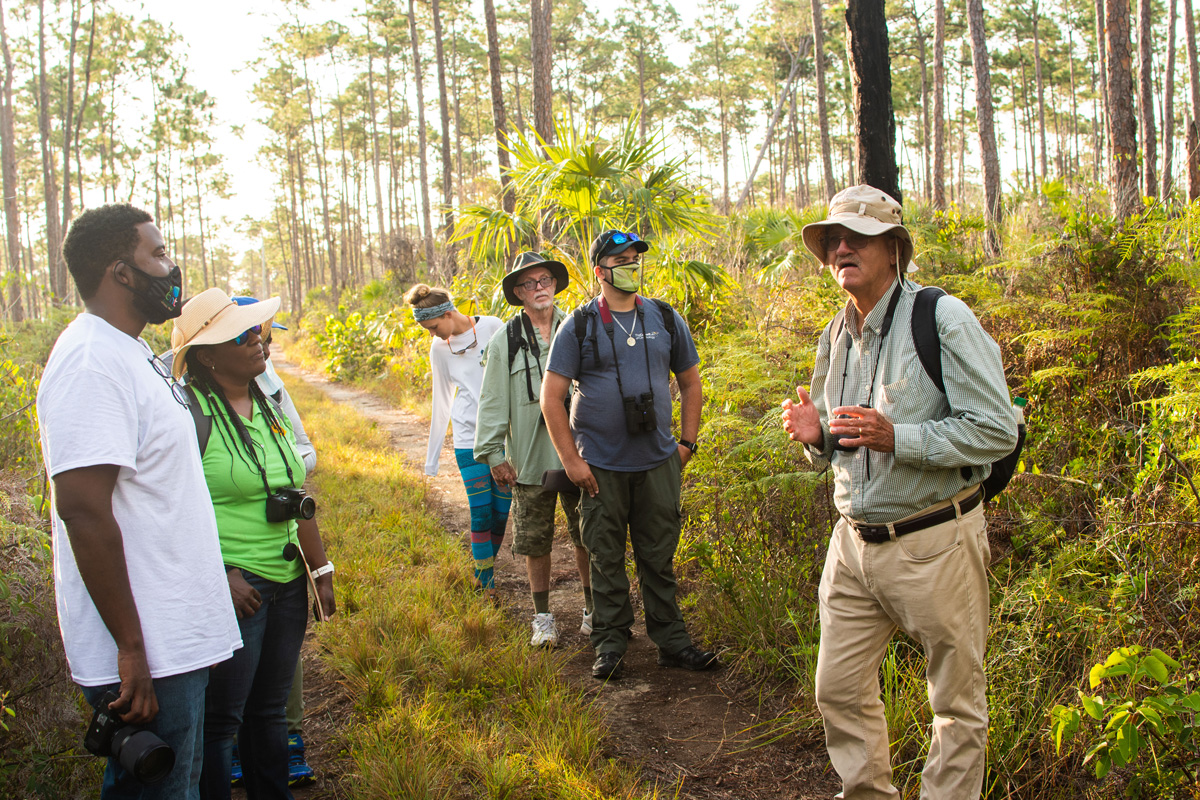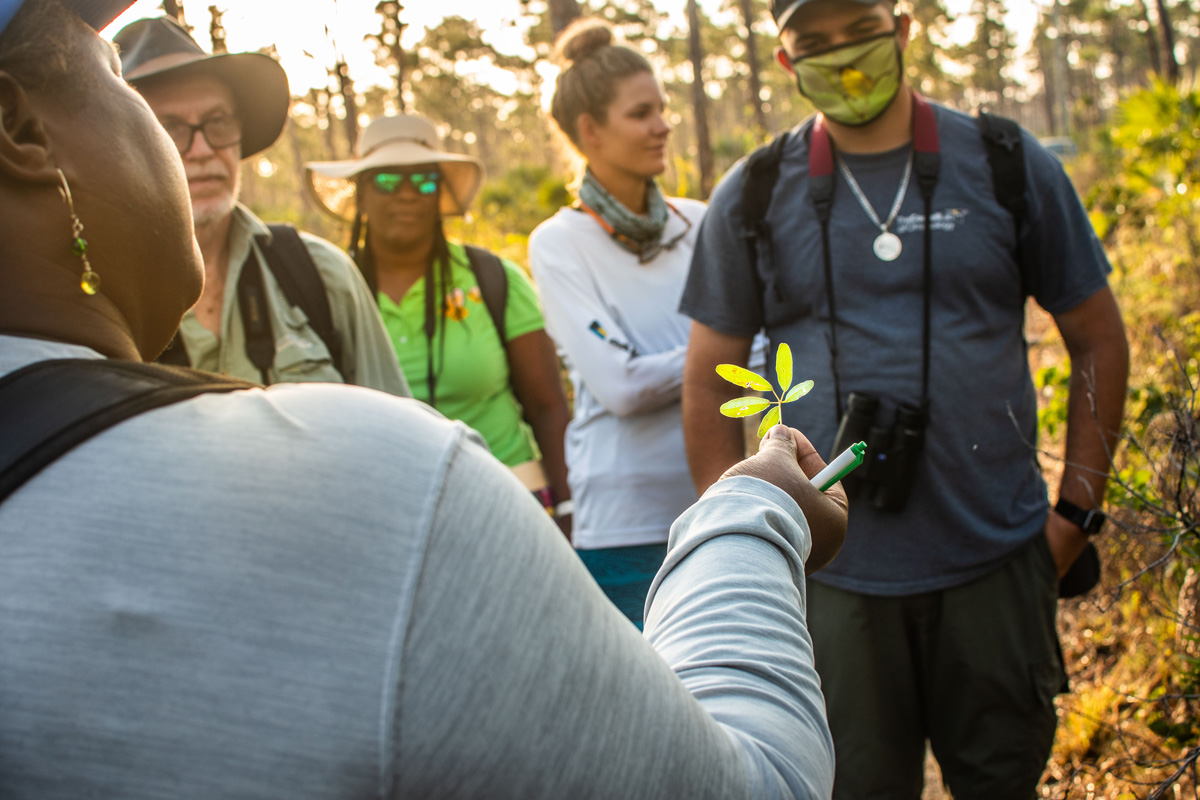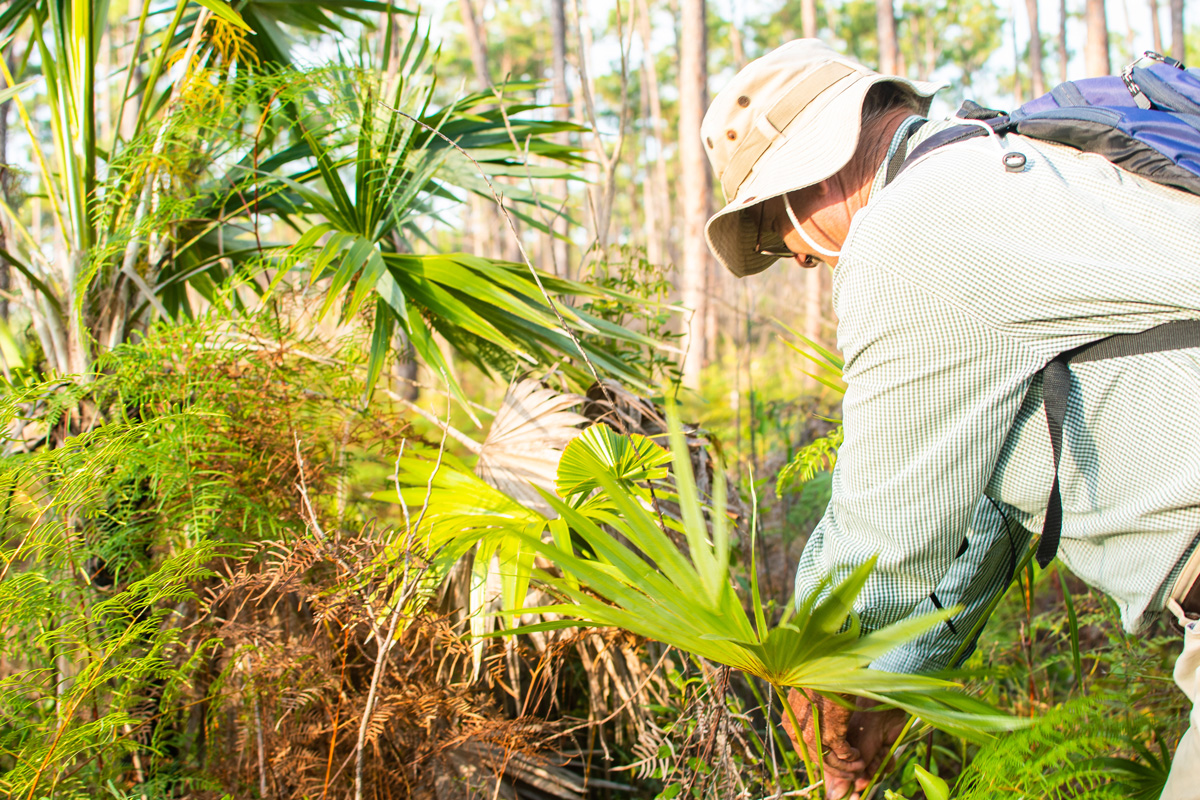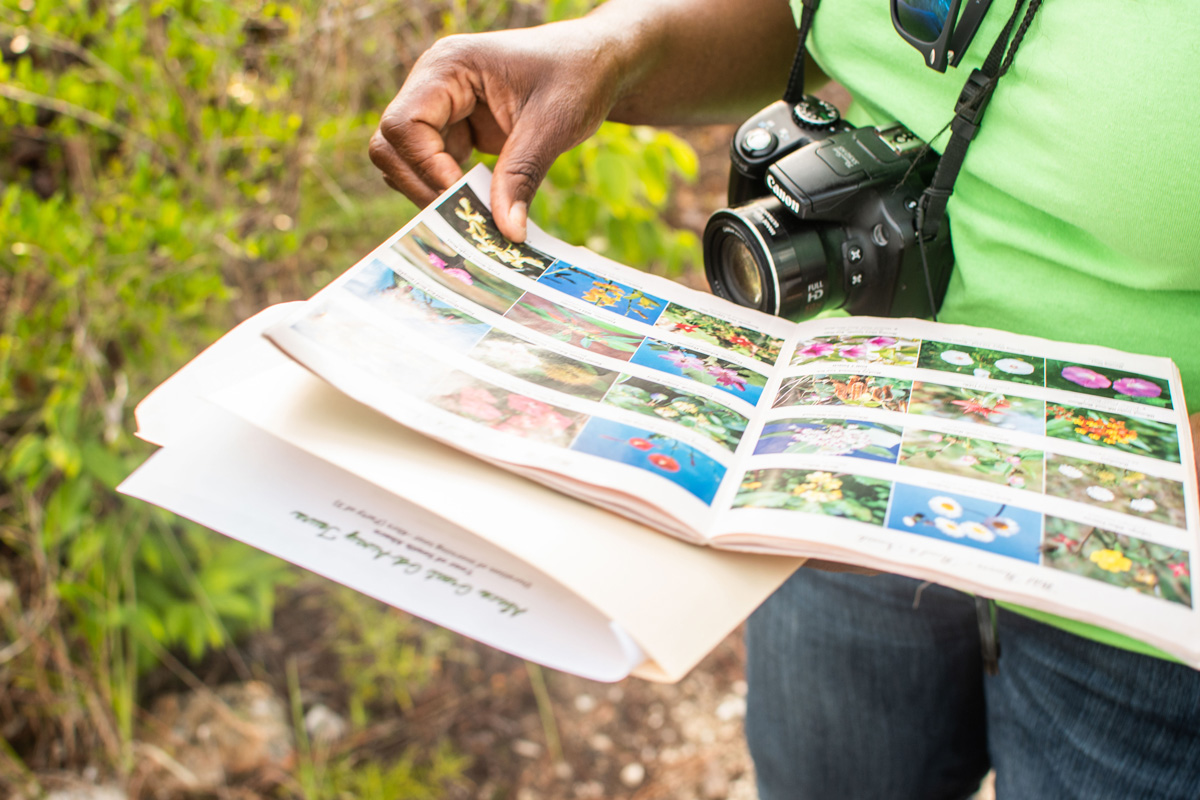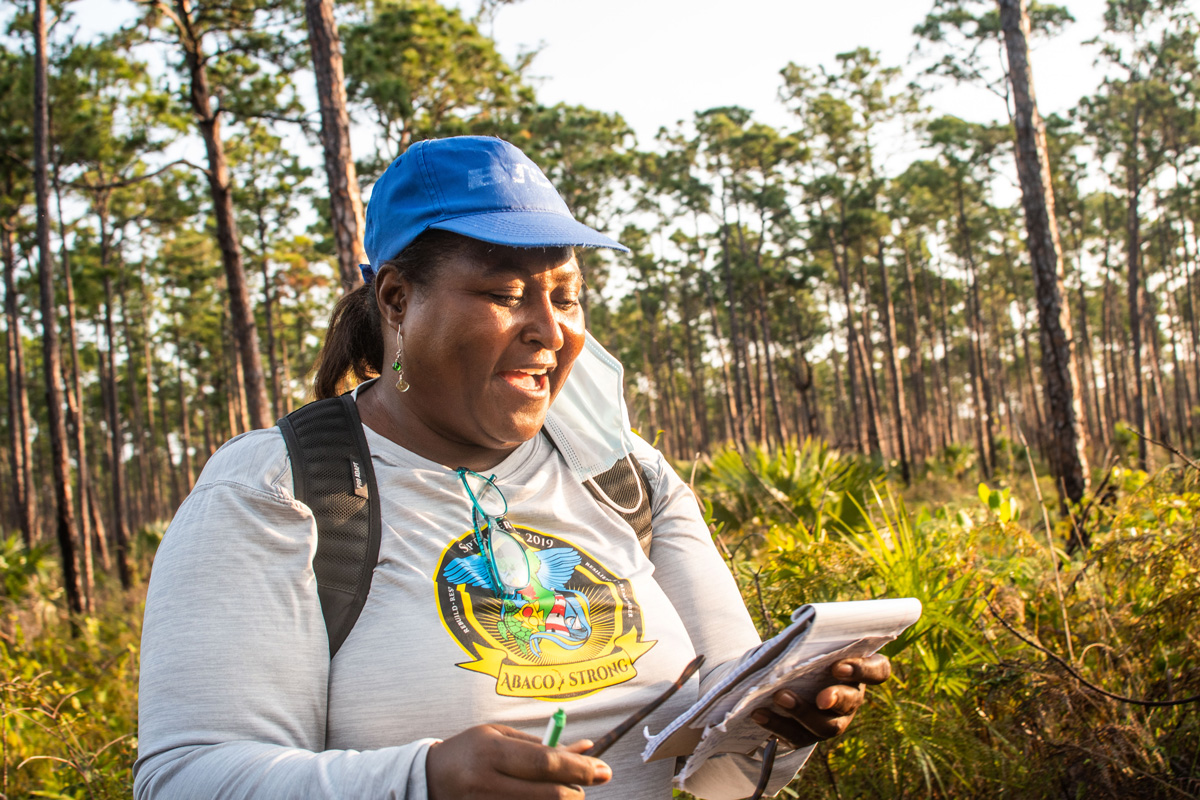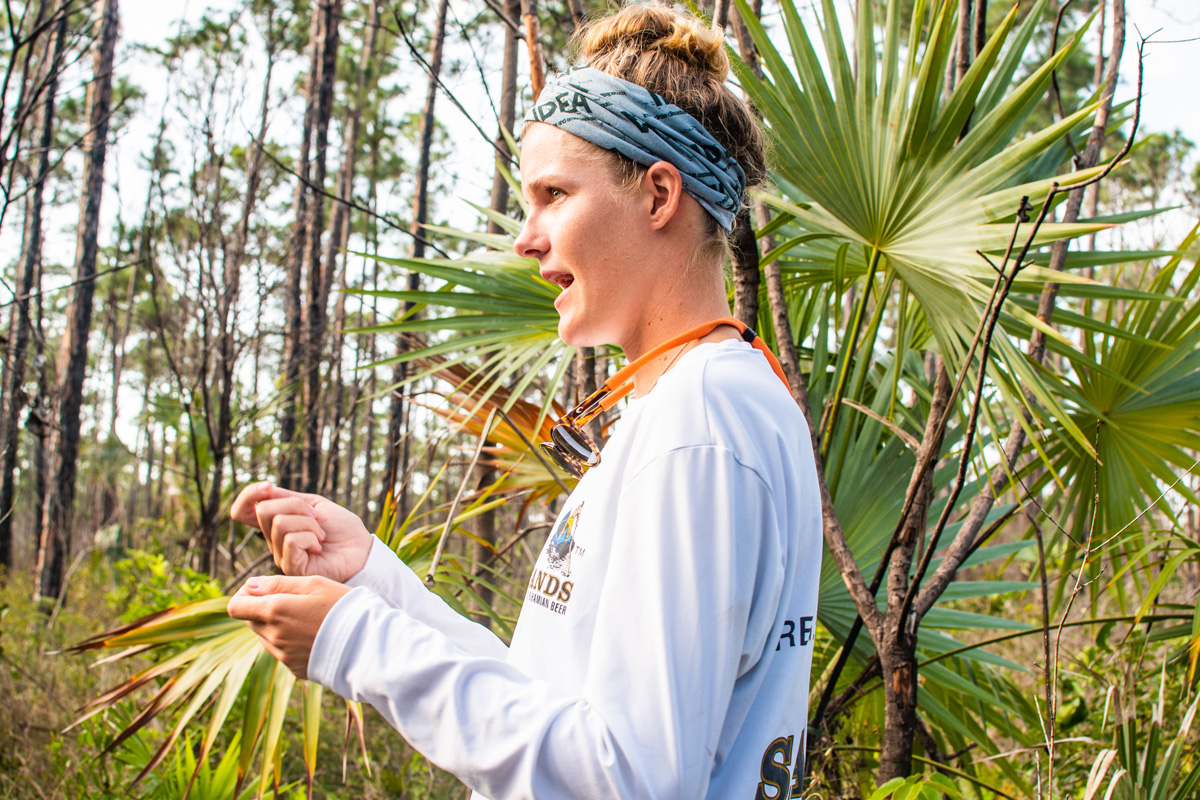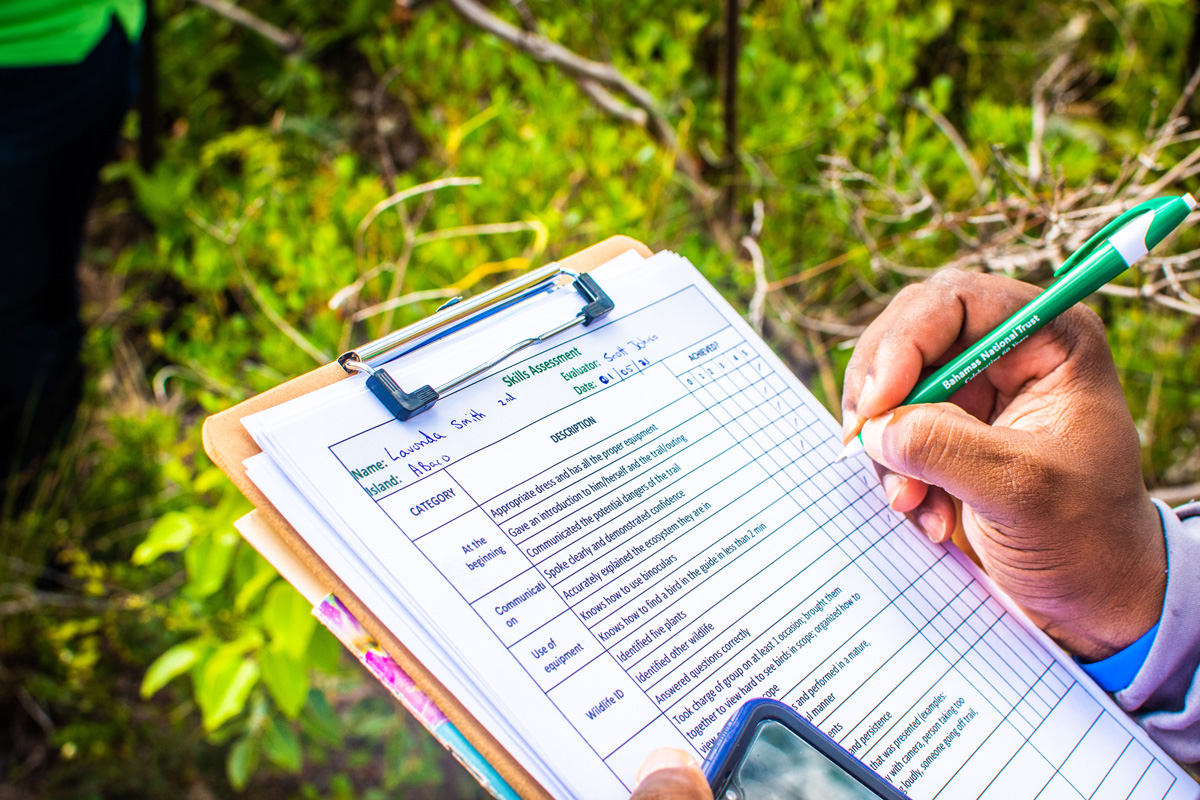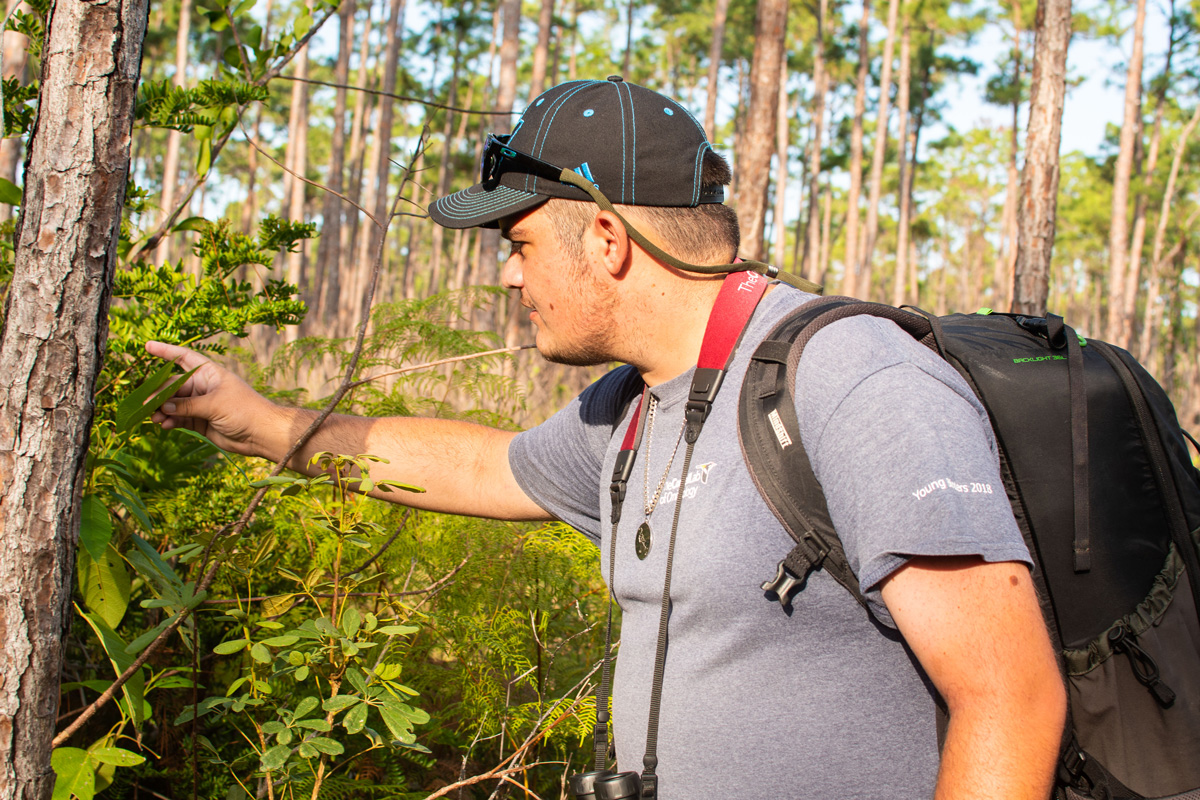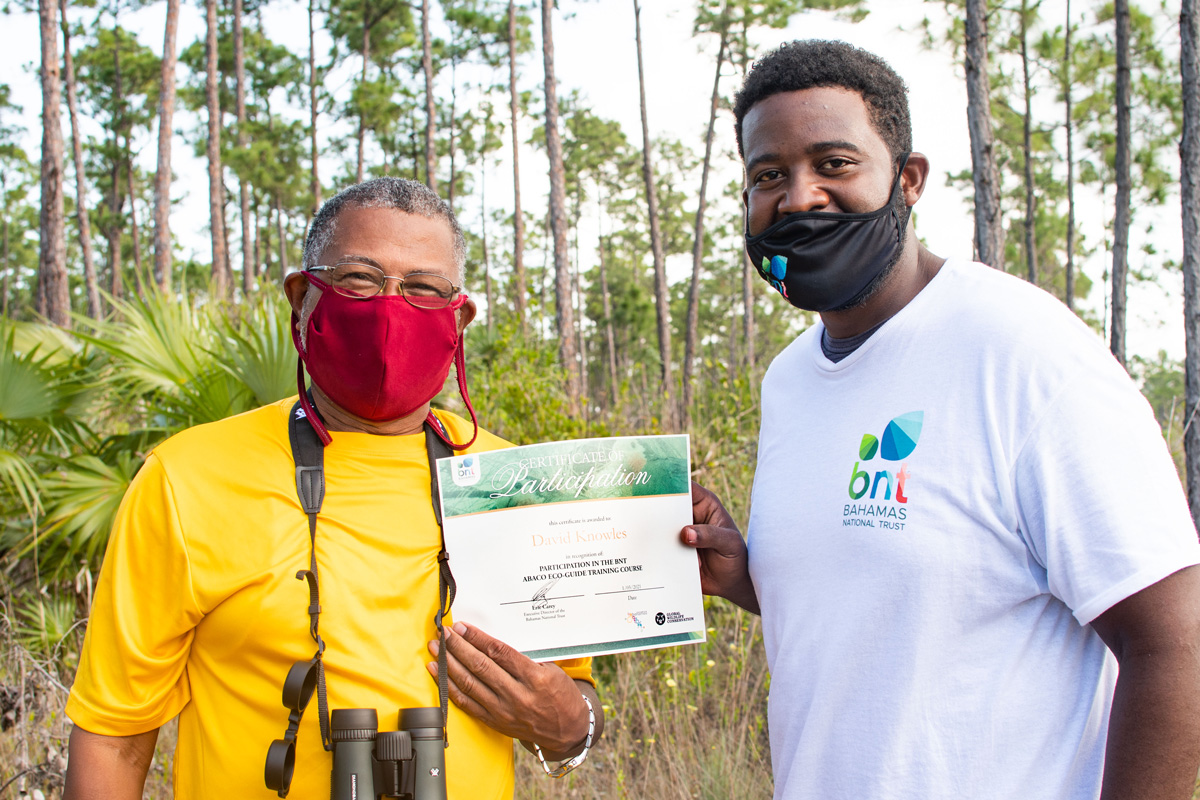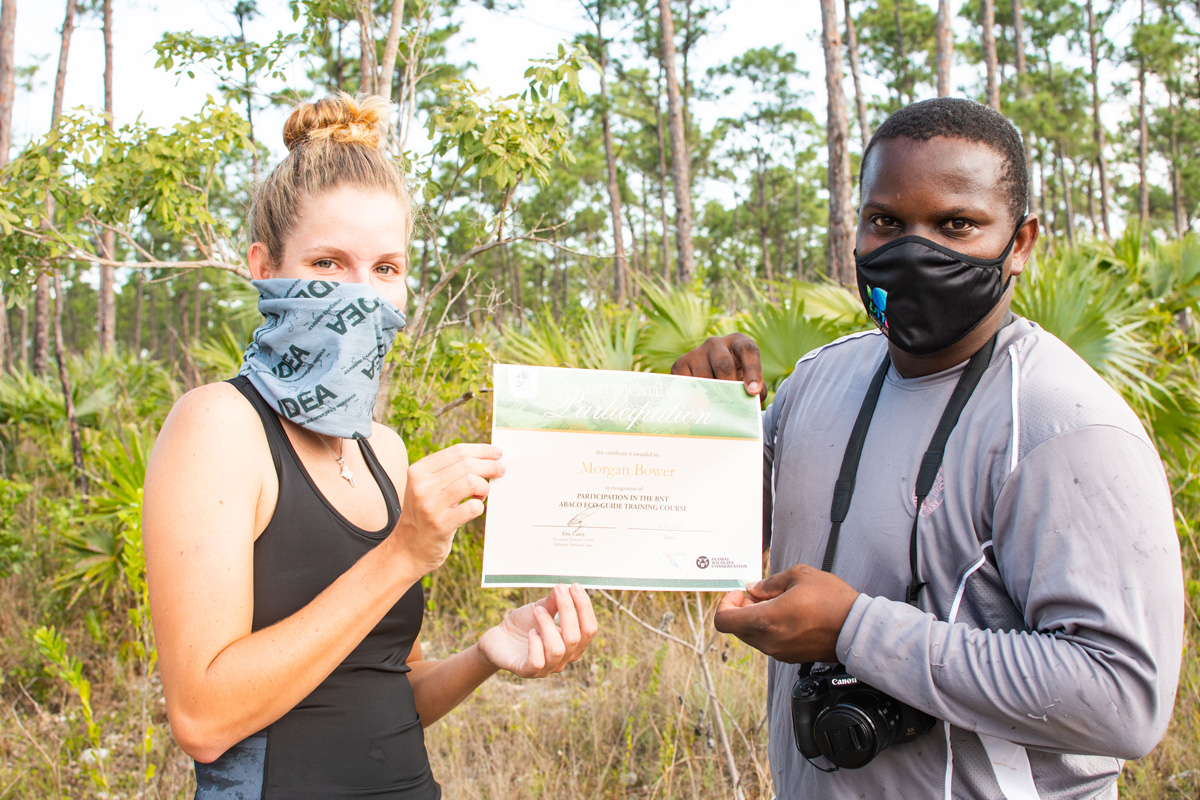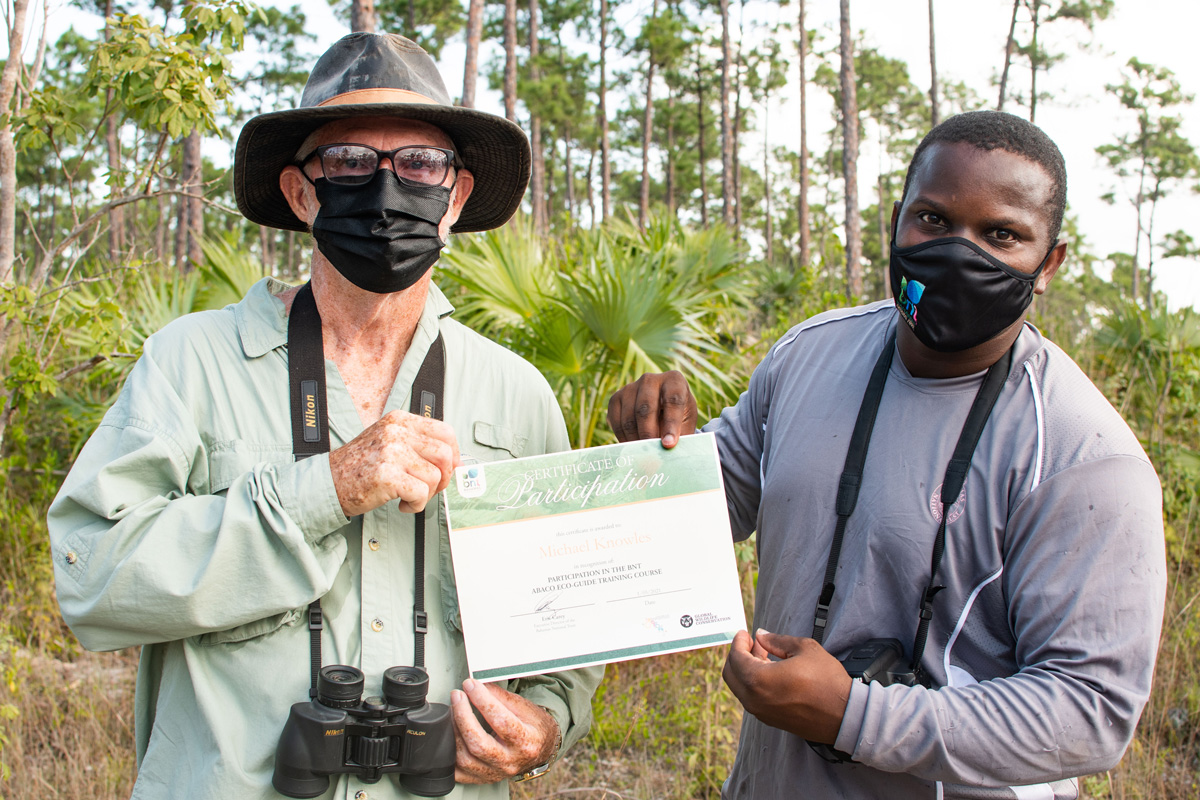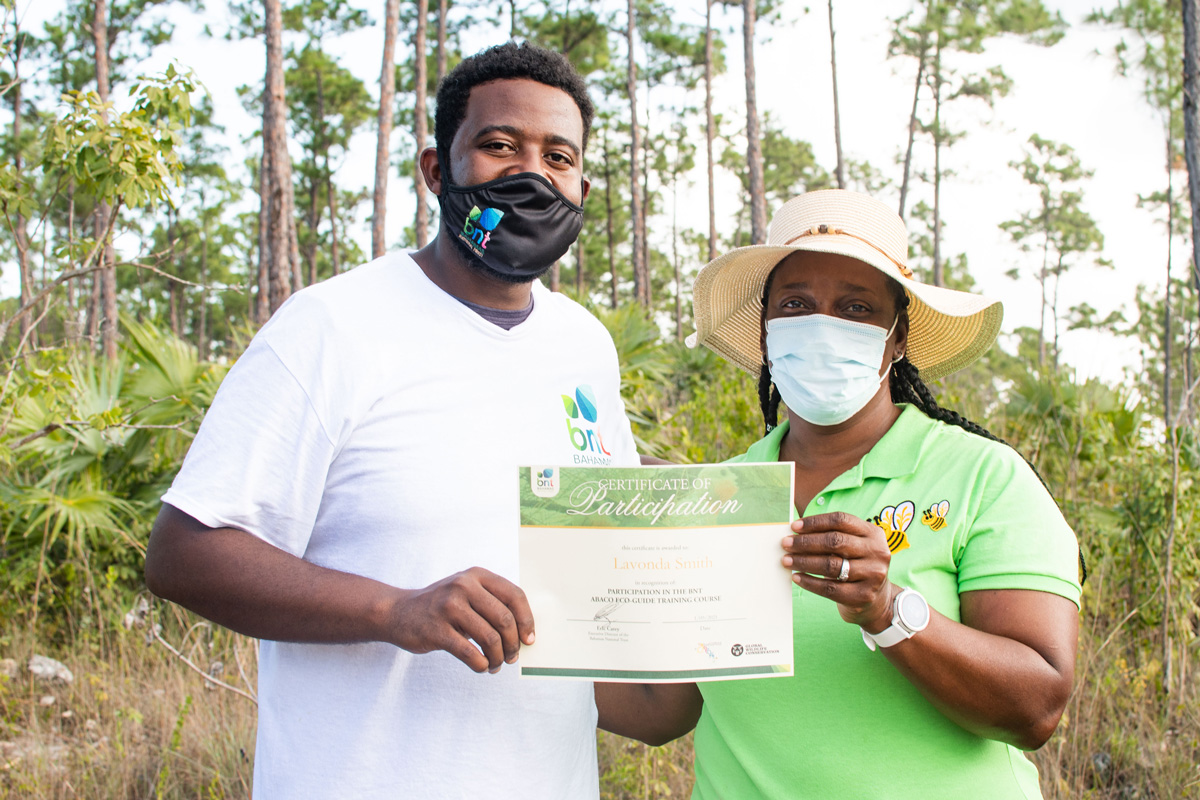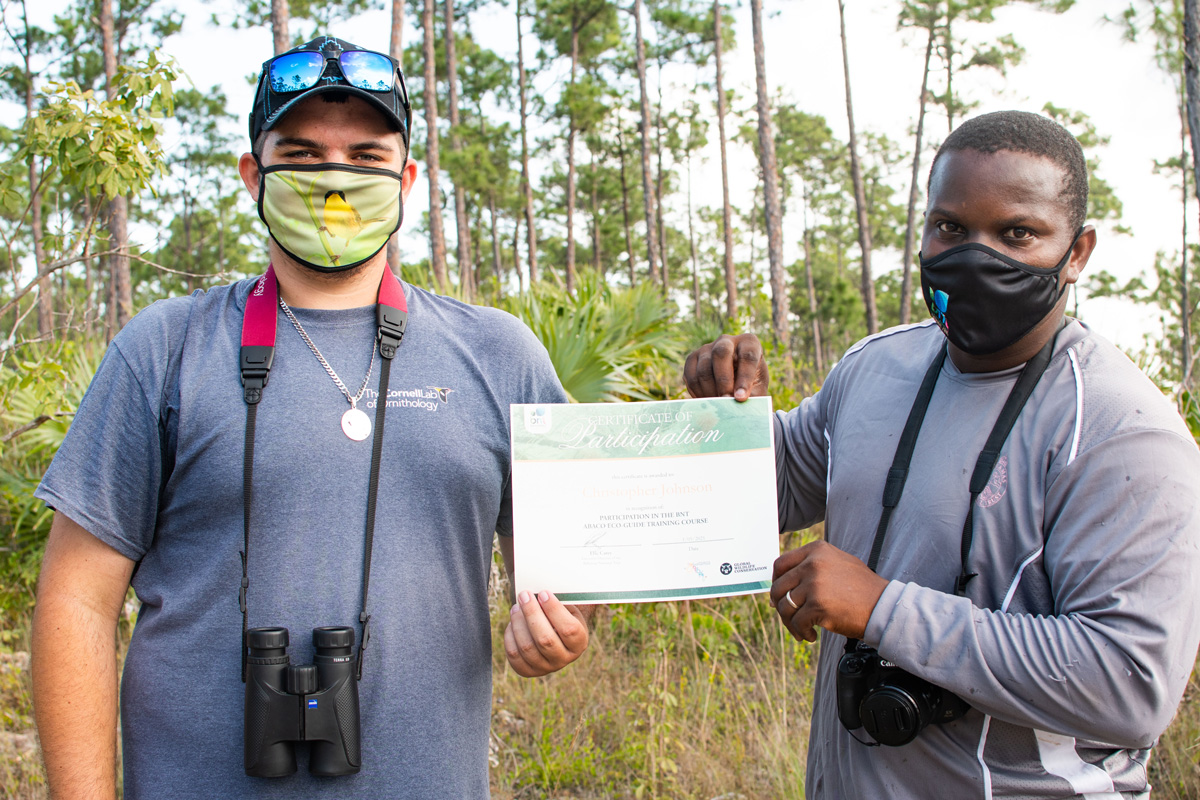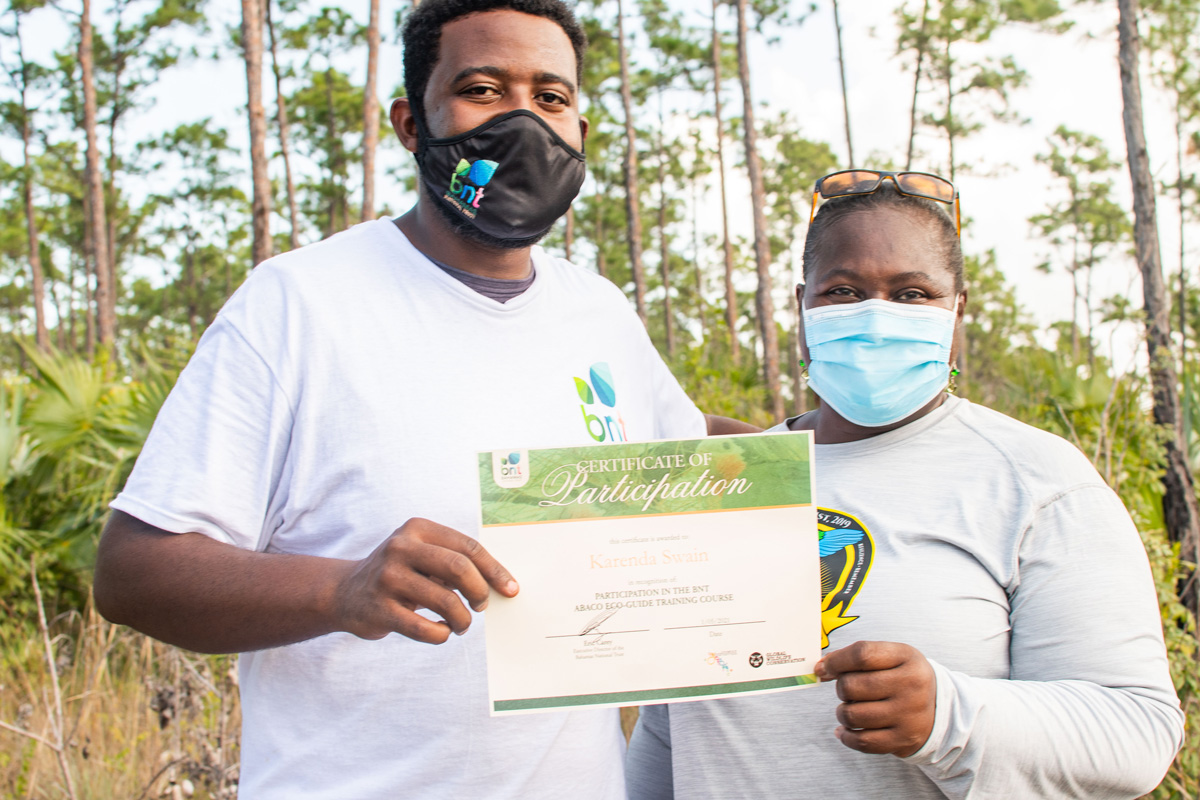Empowering Communities for Conservation on Abaco
July 21st, 2021
By: Bradley Watson, Elijah Sands
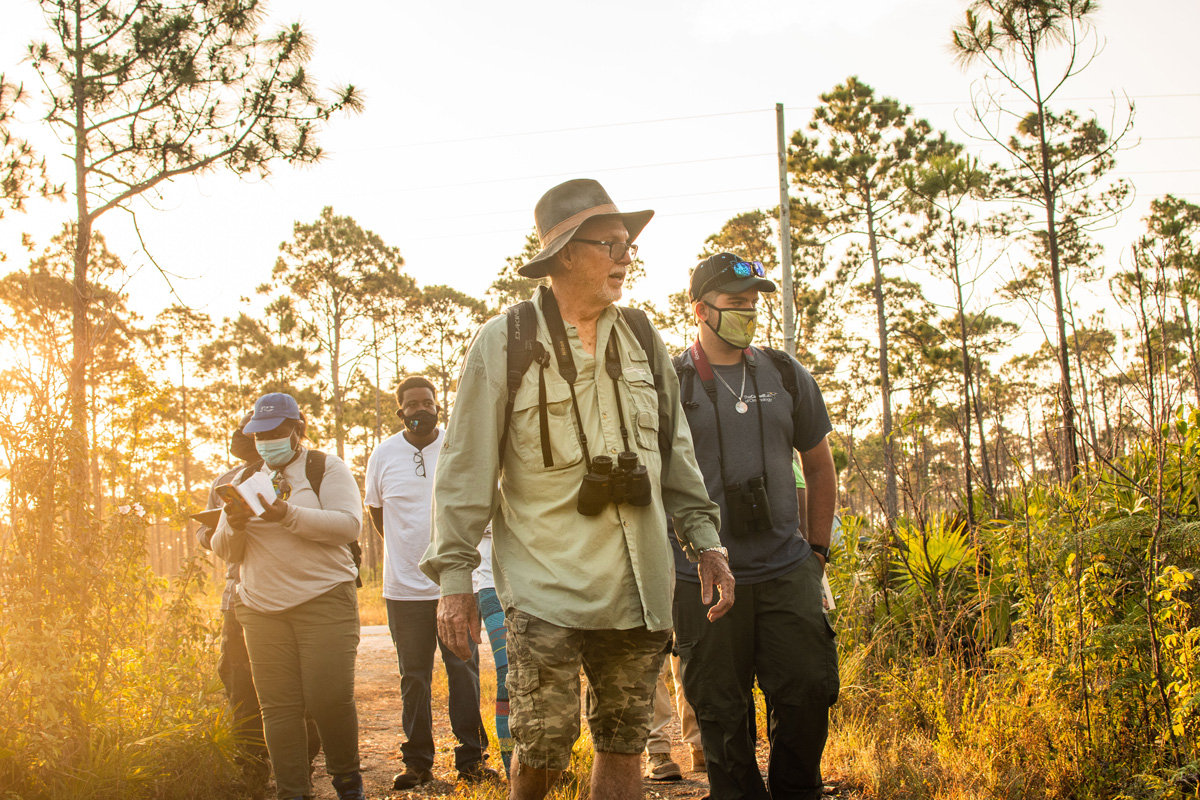
Conservation and people are inseparable. Successful conservation of nature is dependent on the idea of ‘nature and people’ rather than ‘nature or people’. Effective conservation can only happen when local communities are involved in efforts to protect their natural resources.
The people of Abaco island have suffered a lot recently. First Hurricane Dorian, which ravished communities and displaced thousands of people, then Covid-19, which brought all of our lives to a screeching halt. Abaconians have been working tirelessly to restore their communities since Dorian in 2019. The people of Abaco are back and ready to take action in their lives and the lives of those around them, including the life of their native biodiversity.
With funding from Re:wild, The BNT launched the Empowering Communities for Conservation Program to build local capacity and motivation in Abaco residents for conservation efforts.
The goal of this program is to develop a sustainable future for the natural environments of Abaco and the people that live around them.
After Hurricane Dorian, The BNT conducted comprehensive surveys on both Abaco and Grand Bahama to assess the state of the environment following this climate-charged storm. Our findings revealed an environment in peril. We learned that pine forests, mangroves, coral reefs and other habitats were devastated. The destruction of so many terrestrial ecosystems meant bird populations were going to suffer greatly.
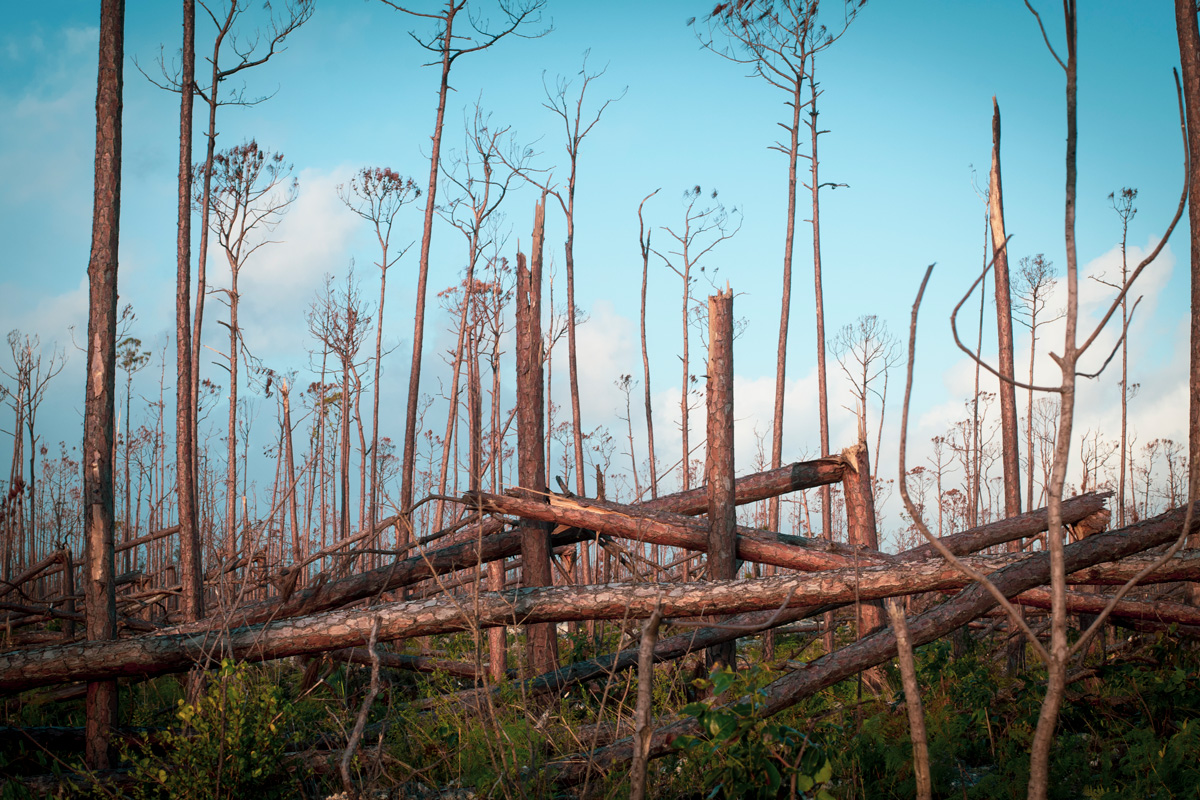
This island of Great Abaco is home to a tremendous amount of Bahamian biodiversity. Most notably is the diversity of birds that can be found throughout the island. Five endemic birds live and breed on the island and hundreds of other species use the pine forests, coppice and mangrove habitats throughout the year.
Five endemic birds can be found on Abaco: Bahama Yellowthroat, The Bahama Parrot, Bahama Swallow, Bahama Woodstar, and Bahama Warbler
The populations of these endemic birds were likely negatively affected by Dorian; however, the population of one bird, in particular, took a turn for the worst. This bird is the Bahama Warbler.
The Bahama Warbler was once only found on the islands of Grand Bahama and Abaco. Being a habitat specialist, this bird is extremely reliant on pine forest ecosystems. When Dorian made landfall on Grand Bahama and decimated pine forests, we knew the Bahama Warbler would be in trouble, and we were right. No one has seen a Bahama Warbler on Grand Bahama after Hurricane Dorian. Because of this, the Bahama Warbler is now listed as endangered on the IUCN Redlist.
“Bahama Warblers seemed to disappear along with the pine trees, almost like they were washed away in the waters that inundated over 70% of the island during the storm.” – Bradley Watson, Avian Science Officer
One hope for training these locals is that they would be able to assist with conservation efforts focused on restoring the Bahama Warbler and its habitat.
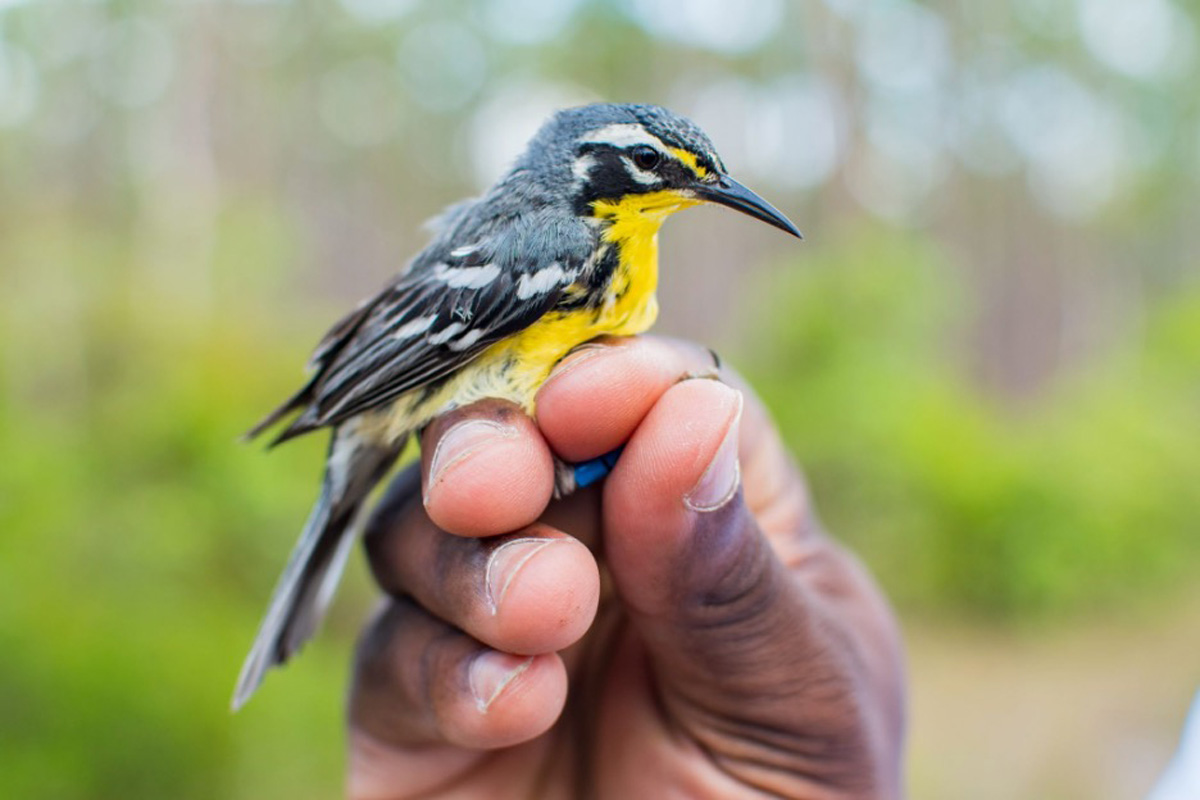
In 2020, The BNT began banding Bahama Warblers on Abaco to track their movements to inform conservation efforts of this newly endangered species
The Training Course
The intention was to be more hands-on with participants, but COVID-19 forced us to pivot to digital delivery. The course ran for two weeks, which included virtual lectures where participants learnt about a variety of topics. These virtual sessions were bolstered by two weekends of terrestrial and marine exploration.
By the time course instructors met the group of participants, they already felt a connection to them as a result of the interactions they all had during the virtual sessions. By the time the participants took the final exam, they were able to show the knowledge they had gained from their instructors and each other by leading a 15-minute tour of the pine forest.
Each individual found their unique way to interpret the environment that surrounded them, incorporating biologically and socially relevant facts about the animals and plants around them. All participants successfully completed the course and received their certifications as Eco-tour guides.
But, the work is not complete
To ensure that there’s longevity in this work, we have secured additional funding from Re:wild to fund two community conservationists who will work with us for the next three months. They will be developing their skills as conservationists, collecting data for scientific research as citizen scientists, and doing outreach.
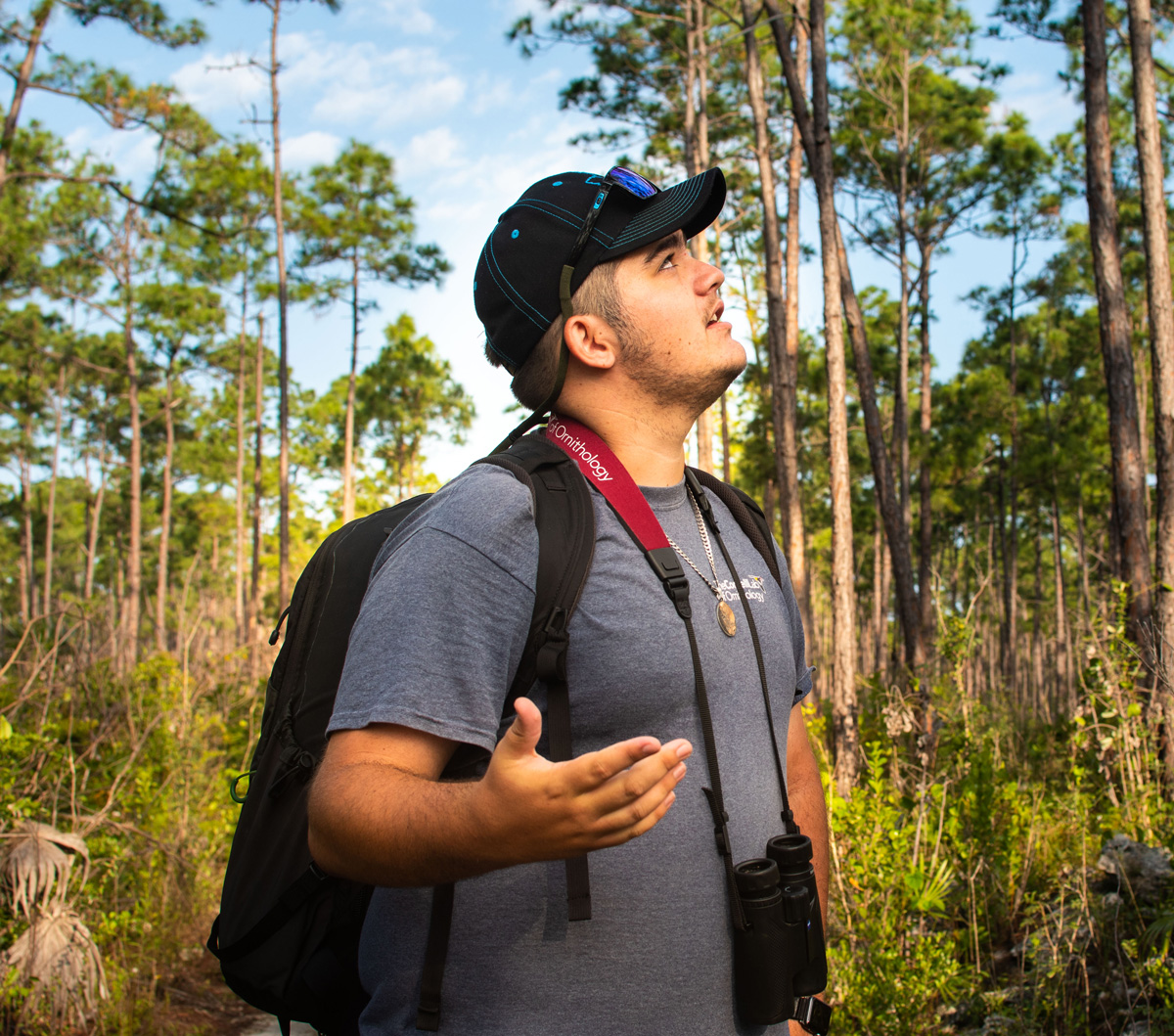
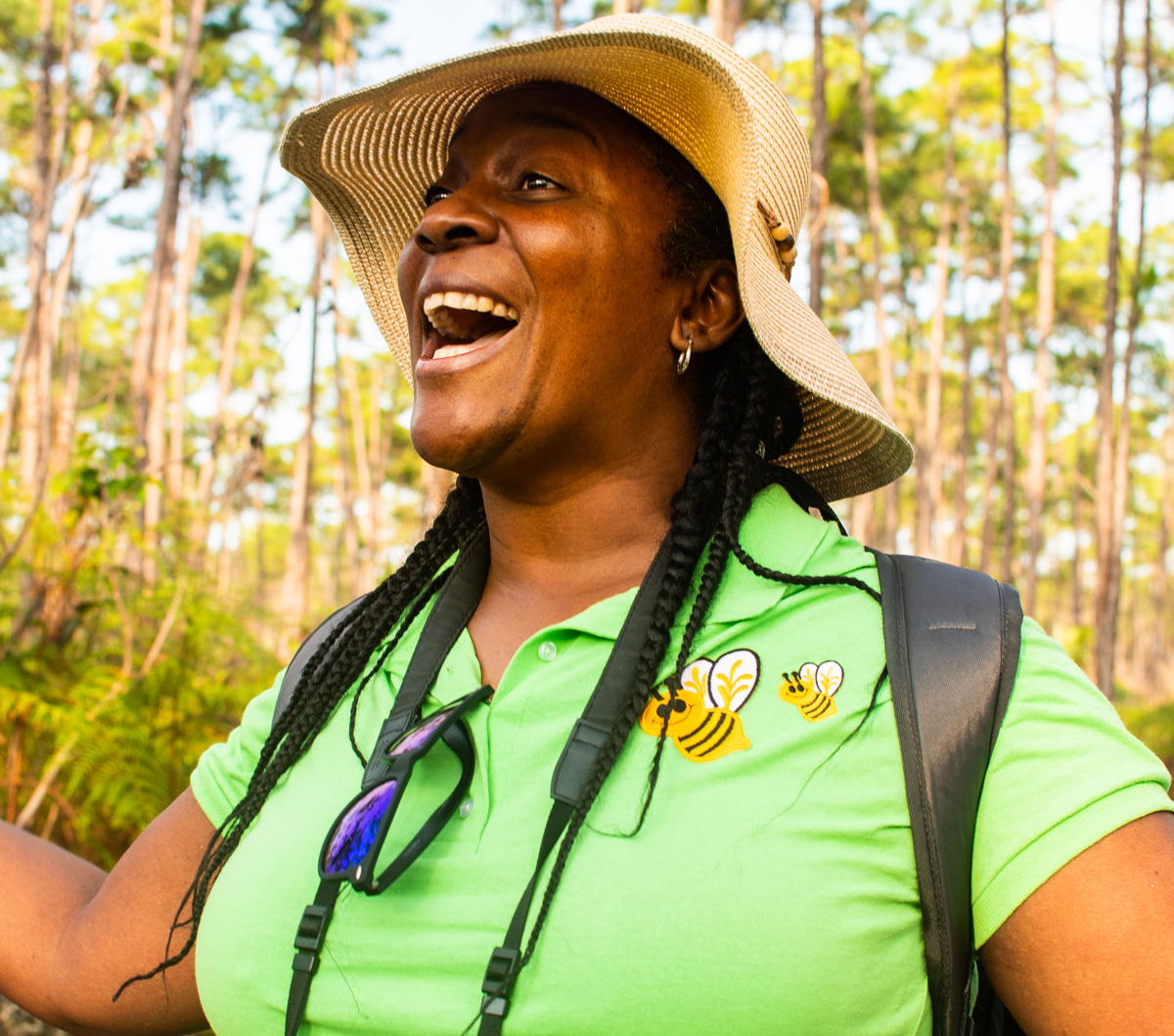
Community Conservationists, Chris Johnson and Lavonda Smith.
Chris Johnson is a young, avid birder and skilled photographer who accompanied the BNT as they surveyed Grand Bahama and Abaco in the aftermath of Hurricane Dorian. Chris will continue to conduct bird surveys on Abaco and help train other locals to identify and observe birds.
Lavonda Smith is a staunch community member who was eager to take advantage of a chance to expand her knowledge of the local environment in a hands-on way. Lavonda will lead community outreach activities and guide the interactions between the Community Conservationists and the schools and youth groups in the area.
Chris and Lavonda will help us continue this work, spread the word, and encourage community members to come out and help protect these species that are so important to us.
Local people are the best stewards of their lands. They have the most knowledge about the areas and are always on the ground ready to assist. Since the creation of The BNT in 1959, we have been working closely with local communities to protect species and spaces in The Bahamas.
Abaco is coming back strong and we want to develop a place for these ecosystems in that bounce back. We’re looking for a sustainable future for the people. One of the greatest ways to encourage somebody to advocate for an ecosystem is to help them to see the monetary value in that system. And so we’re approaching this from the three aspects of sustainability, from society, from the economy, and from the ecosystems.
We’re really happy that we get to do this kind of work and create agents of change in these ecosystems. Our real goal is to empower communities and create motivation and capacity for conservation work on these islands. And this is just the first one of many we plan to work on. We really hope that individuals who have taken part in this course take these things a step further, as others have on other islands where we did these courses.
– Bradley Watson, Avian Science Officer, Bahamas National Trust
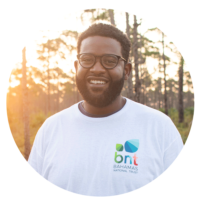
To support this program on Abaco and other islands, make a donation to the BNT today to help protect species in peril and support capacity building in local communities.
Elijah Sands is the Senior Communications Officer at the Bahamas National Trust
Bradley Watson is the Avian Science Officer at the Bahamas National Trust
Photo Credits: Elijah Sands & Chris Johnson

